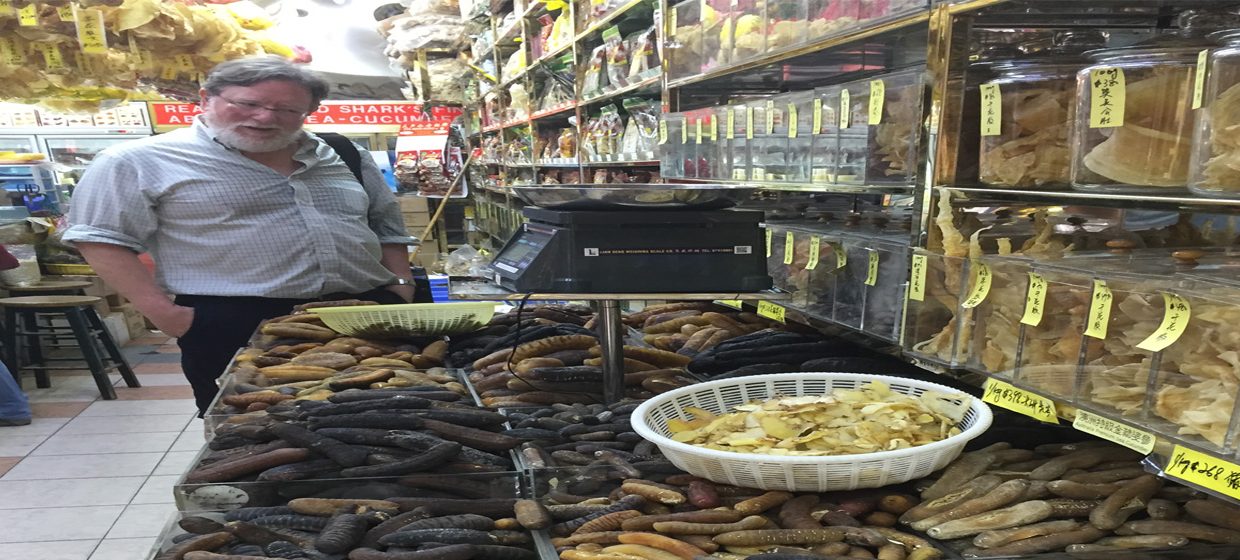
Professor Richard Wilk
Visiting Professor (March to May 2016)
Tembusu College
National University of Singapore
 wilkr@indiana.edu
wilkr@indiana.edu

Richard Wilk is Distinguished Professor and Provost Professor of Anthropology at Indiana University where he co-chairs the IU Food Institute, and directs a PhD program in Food Anthropology. He has also taught at the University of California (Berkeley and Santa Cruz), New Mexico State University, and Birkbeck College (U. London) and has held visiting professorships at Gothenburg University and the University of Marseille, and a Leverhulme fellowship at the University of London. He was awarded an honorary doctorate by the University of Lund, and he was recently elected as a Fellow of the American Association for the Advancement of Science.
Early in his career he worked as an applied anthropologist with UNICEF, USAID, Cultural Survival and a variety of other development organizations. Most recently he has testified as an expert witness in several Indian land tenure cases in the Belize Supreme Court. His initial research on the cultural ecology of indigenous Mayan farming and family organization was followed by work on consumer culture, energy consumption, globalization, television, beauty pageants and food. Much of his recent work has turned towards the global history of food and sustainable consumption.
Among 17 authored and edited books, the most recent are the co-edited Teaching Food and Culture and co-authored The Anthropology of Everyday Life.

